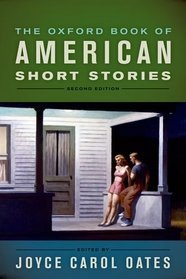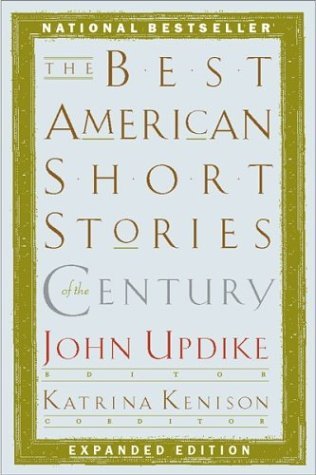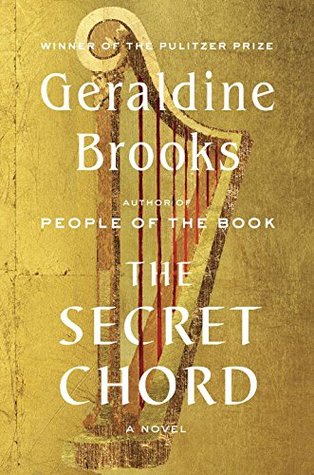For what struck him was the terrible restlessness of the city, its desire to overthrow itself, to smash itself to bits and burst into new forms. The city was a fever-patient in a hospital, thrashing in its sleep, erupting in modern dreams. His own dream was to push the New Dressler beyond the limits of the old, to express in a single building what the city was expressing separately in its hotels and skyscrapers and department stores; and again he had the old dream-sense that friendly powers were leading him along, powers sympathetic to his deepest desires.
Steven Millhauser sets his Pulitzer-Prize winning novel Martin Dressler: The Tale of an American Dreamer in New York City as the 19th century turns into the 20th. He portrays Martin Dressler, an entrpreneur and dreamer, from his boyhood job at his father’s cigar shop to his chain of restaurants to his set of high-rise hotels and then on to even bigger ideas. The concept of a businessman as both an artist and a creator fascinates me.

As I read the novel, its title molded itself into different meanings in the same way that Martin’s buildings took on different shapes with different effects.
Not only does Millhauser use dreams in the sense of ideas, visions and “what could be” but he uses the concept of dreams in its more literal sense as dreams one might have while sleeping. This takes Martin’s endeavors into a more surreal if not magical realm. I’ve found that giving his plots a little of the supernatural is not uncommon in Millhauser’s stories.
Also, Martin is not simply a dreamer who happens to be American. He is a dreamer of the American Dream. Much has been made in 20th century literature of the downside of the American Dream; however, Millhauser gives Martin Dressler’s dreams a more positive spin in which his successes are grand and his failures are a matter of “dreaming the wrong dream”. Martin comes to understand that dreams, especially American ones, and their fruition are meant to be transient and temporary. No American Dream lasts forever.




